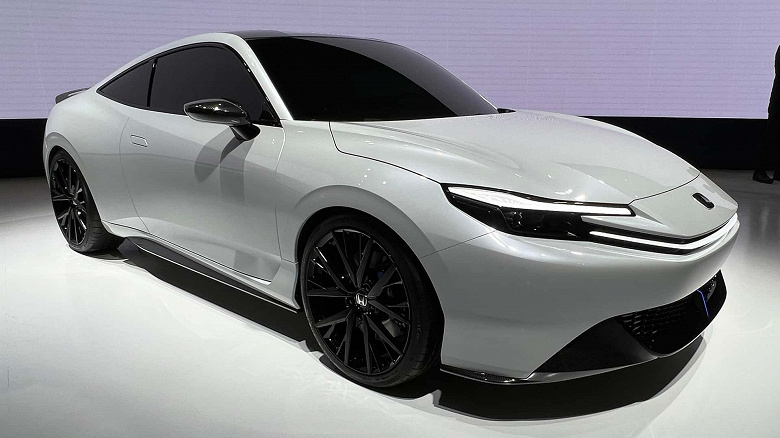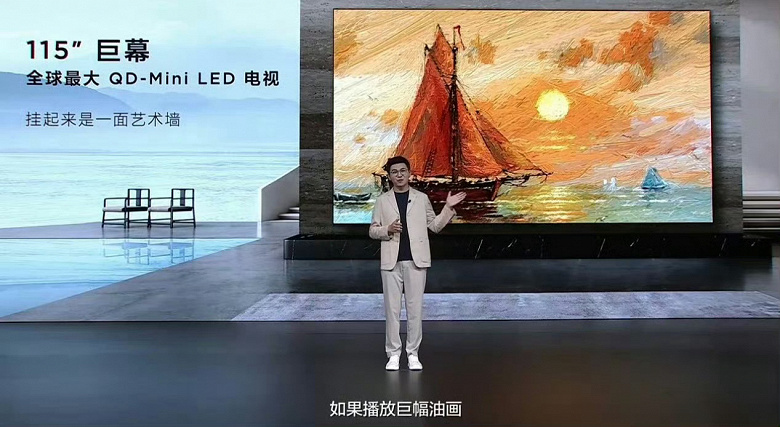Renault Trucks to phase out internal combustion engines in trucks and construction equipment by 2040
Renault Trucks was one of the latest automotive manufacturers to announce plans to phase out fossil fuel engines. This needs to happen by 2040 to fit in with the EU’s plans to cut carbon emissions by 2050.

The date chosen by the company is not taken from the ceiling. The service life of Renault Trucks trucks is ten years on average. Therefore, the setting for 2040 was chosen for these reasons. Moreover, as early as 2023, the company promises to introduce electric vehicles in every market segment that it serves. This is a complete range of freight transport from urban to serving regional and interregional transport and urban construction equipment, including tractors.
It should be clarified that Renault Trucks’ electric vehicles will be not only exclusively battery-powered but also hybrid with hydrogen fuel cells. This is especially important for tractors at long distances when the range on a single charge and refueling and the time for charging and refueling play an important role.
The company already has options for electric trucks ranging from 3.1 to 26 tonnes, which provide cargo delivery within the city and remove garbage. In 2023, a new tractor unit will be added to them, capable of moving semi-trailers along regional and inter-regional routes. Also, in 2023, the company’s first electric construction equipment for urban use will be released. Overall, Renault Trucks is expected to sell up to 35% of its electric power trucks by 2023.
After 2025, the company plans to offer a range of heavy haul trucks powered by hydrogen fuel cell powertrains that can provide long-range and high refueling rates close to those of today’s ICE trucks.
Currently, road transport accounts for about 12% of the world’s greenhouse gas emissions, so clean energy electrification seems to be the obvious path to zero emissions in this sector. But this will not happen quickly but within decades.










